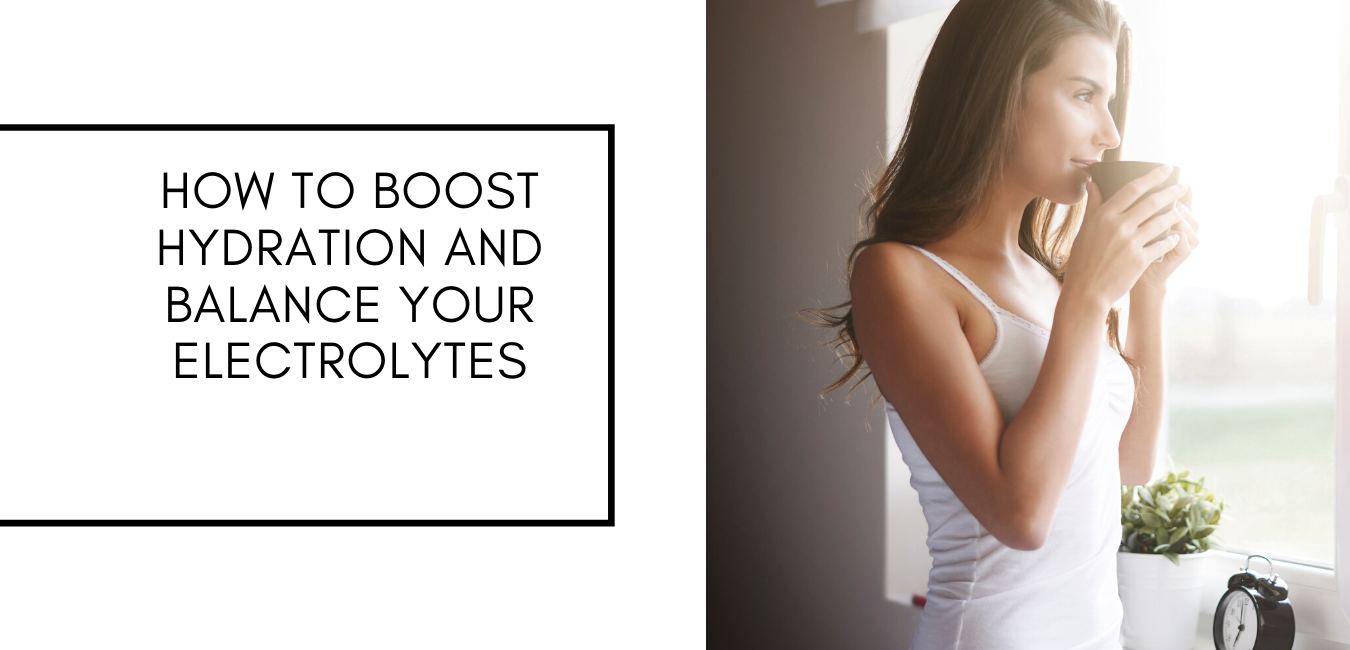
Bone Broth Electrolytes for Hydration, Performance and Longevity
Bone Broth Electrolytes
Most people make crucial mistakes when it comes to hydration. Don't be one of them!
This article explains exactly how to get electrolytes in your body when you need them most.
You'll learn electrolyte sources, but more importantly, when you need to take them to maximize performance.
First a quick note: if you want a recommendation, Bluebird Provisions makes an electrolyte rich bone broth.
This isn't just any bone broth, it has 300 mg potassium per serving. That is more than any electrolyte supplement you'll find.
If you're serious about hydration, drinking one cup of bone broth is the perfect starting point. Ok on to the article!
What are Electrolytes?
Electrolytes are minerals found within your body that carry an electrical charge. They are vital for your survival as they are essential for many bodily functions.
If you are keto, fasting, low carb or carnivore then you need to pay special attention to electrolyte balance. This article is for you.

You probably know that they play a role in hydration but they do so much more. This article will outline the following:
- How to get them and keep them in balance
- Why you need more electrolytes if you’re keto, low carb or fasting
- Hydration strategies for exercise and heat
- How to get them from real food
What do electrolytes do in your body?
The most important role electrolytes play is in maintaining hydration in your body.
They also help the body to produce energy by sparking cell function. In layman's terms: they get your cells moving.
They are crucial for maintaining muscle functions, including the most important muscle of all, your heart. They keep your heart beating and aid in organ function.
Types:
- Sodium
- Potassium
- Magnesium
- Phosphate
- Calcium
- Chloride
- Bicarbonate
Looking for bone broth? Read our Bone Broth Buyers Guide for this year.
How Electrolytes Help Hydration Levels
In addition to maintaining proper hydration, electrolytes play many roles. These include:
- Keeping your heart beating by stimulating muscle contractions electrically.
- Helping nerve function by transmitting signals from the heart, muscles and nerve cells to other cells (1).
- Maintaining the blood’s pH level
- New cell growth
- Regulating water in your blood
Do I Need More Electrolytes?
The amount of electrolytes your body needs on a daily basis depends on your age, activity level, water consumption, diet and climate.
Most people get sufficient hydration from food and drinks you consume. More on that below.
But if you are exercising, fasting or on a low carb / keto diet you may need more hydration.
They leave the body through sweat and urine. In normal conditions you’ll easily replace the losses by eating throughout the day. This is because most whole foods have enough to cover your day to day needs.
At the margins things get more complicated.
What Happens When Your Body is Low on Electrolytes?
Electrolytes must be in specific ranges within your body. If you are too high or low then imbalances occur which are incredibly dangerous to your health (2).
An electrolyte imbalance may result from:
Dehydration - You quickly lose water due to illness or excessive sweating.
Health conditions such as diabetes and eating disorders.
Medications like laxatives, diuretics, corticosteroids may cause electrolyte imbalances.
Diet Modifications: Like going keto or low carb. More on that below.
How do I Know if my Electrolytes are Low?
Symptoms of low electrolytes include:
- Headache
- Fatigue
- Thirst
- Fast or irregular heartbeat
- Muscle cramps
- Muscle weakness
- Feeling numb
- Confusion
- Change in blood pressure
Hydration Tips to Avoid Dehydration in Sports and Beyond
Here are a few things you can do to keep your electrolytes balanced.
- Eat a whole foods diet with electrolyte containing foods like bone broth.
- Drink water but disperse it throughout the day, not just a few big cups at a time. Large, infrequent cups of water does not hydrate you sufficiently.
- Don’t use diuretics or laxatives without doctor supervision.
- Be conservative with your salt consumption. Even though sodium is an electrolyte, we typically get too much of it, not too little.
- Avoid excessive outdoor exercise during the hottest times of day.
- Be careful when exercising indoors without air conditioning especially if you know that you sweat a lot.
- Replenish yourself with adequate fluids to match your activity level. Sports drinks may be necessary if you exercise in the heat.
- Consult your doctor about any medications you’re taking.
How to Hydrate for Workout Performance and Exercise
Hydration must be in proper balance in order for our bodies to reap the benefits and perform at their best.
For example: if you’re a heavy sweater, work out vigorously or exercise in hot weather, you probably need some form of electrolyte drink after your workout.
This helps replace the fluids lost during exercise to help your body recover faster.

Sports drinks and supplements have their place if you are doing extreme exercise or doing activities in incredibly hot environments.
When to use Sports Drink or Electrolyte Drinks
Exercising or endurance in extreme temperatures warrants some supplemental forms of hydration and vitamins.
For example, I compete in ultramarathons lasting 5-10 hours in the heat. I’m also a very heavy sweater. Upwards of 2L per hour if I’m running when it’s hot.
I typically use electrolyte drinks / supplements sparingly. Almost never during training and only in races if my race is in a hotter environment than what I’m used to training in.
There's one race in particular where I used an electrolyte beverage. It was around 35 degrees celsius (95 fahrenheit) for a six hour race. You risk losing a lot of weight from sweat in a race like this.
In this case I used a pre-mixed powder package based on the directions on the package. It had about 30 grams of carbs with electrolytes in it.
Practical Advise to Support Hydration in Extreme Heat
Practical advise from my experience is the following. If you are suddenly travelling or exercising in a hotter climate than you're used to, then consider using electrolyte drinks or packages.
It is important to note that there is hydration nutrients in the food I eat while endurance running (energy gels, bars, etc). This is my point. Most food ingredients have adequate electrolytes to cover you for most situations.
Regardless of my experience, it takes some time to figure out exactly what works for your body when exercising. I’ve figured out through trial and error what works for me.
Is there an optimal solution?
Your body will likely need a much different hydration strategy than mine or your friend.
Unfortunately, I’m not comfortable laying our specific numbers/recommendations of electrolytes you should be consuming.
Also, I should mention that this article is not medical advice. Hydration is a topic of interest for me. This is for informational purposes only.
The general take home fact from my story is that athletes tend to excrete more fluids through sweat, leading to a more hydration losses (3).
This is because they’ve trained their body to sweat more frequently through a lifetime of training and sweating.
Research shows it is an evolutionary advantage. The more you sweat, the more efficient your body is at cooling itself.
The major caveat here is that you need to match your fluid and electrolyte intake to what you lose in sweat.
In this case you may consider replacing fluids using some sort of sports drink or supplement options.
Curious about powders?
Learn everything you need to know about Bone Broth Powder
Electrolytes for Keto or Low Carb Diets
Keeping electrolytes in balance can be difficult if you start following a keto or low carb diet.
Why? Because once you drastically decrease your carbohydrate intake, your body starts to process them differently.
At a high level, here’s what happens:
Low Carb Leads to Water Imbalance in Your Body
Carbohydrates in your body are stored with an amount of water. Going keto means you have less carbs from sugar (or glycogen) stored in your body to store water.
The water in your body gets excreted and you retain less water in general (because you have less glycogen to store it) (4).
Keto Causes More Sodium Loss and Keto Flu
When you’re low carb or keto, less insulin is released. This causes your kidneys to excrete more sodium in your urine. Meaning your body loses sodium (5).
As your body loses sodium, it affects the balance of other minerals in your body. The main bystanders are potassium and magnesium.
If you’ve gone full keto then perhaps you’ve experienced the ‘keto flu.’ Many attribute the keto flu to a combination of low carbohydrate availability combined with low amounts of fluids in your body.
Your body is so accustomed to carbohydrates from a lifetime of eating sugar and caffeine, removing them causes withdrawal. Withdrawal is physical, mental and emotional.
Physically, your body is used to using the same amount of glucose as its primary source of energy.
Suddenly taking glucose (from carbohydrates) away forces your body to try to learn to process fat as a fuel source.
Your body is smart and knows how to do this, but it takes time. During the transition period (anecdotally 3-6 weeks) you may feel awful. Hence the keto flu.
Less carbohydrates also affect you mentally and emotionally.
Why? Carbs help facilitate the release of serotonin, the infamous feel good chemical that your body produces.
Less carbs can mean less serotonin which could alter your mood (6). This is important to keep in mind before going keto or low carb.
Learn all about bone broth for weight loss.
Signs and Risks With Electrolyte Imbalance
Some common keto flu symptoms are: fatigue, feeling flat during exercise, muscle cramps or weakness, headache, irregular or fast heartbeat, thirst, irritability and diarrhea.
Imbalance may not happen immediately. It often has a slow or delayed effect. Meaning you don’t know you are low until something else happens.
For example if you are chronically low in calcium your bone mineral density will drop causing your bones to weaken.
How to Hydrate Electrolytes From Real Food
If you’re following a keto or low carb diet, you should take steps to ensure you are getting enough electrolytes in your diet.
Since your body is releasing less insulin due to lack of carbohydrates, your kidneys will continue to excrete sodium, potassium, magnesium, etc in your urine.

There are electrolyte beverages and products, however these are synthetically made and should be used sparingly.
Real food should always be your default in order to get electrolytes.
Especially when there’s no shortage of delicious foods that are full of hydration. Here’s a short list of foods full of flavor to get you started (7):
Spinach, kale, avocados, bone broth, broccoli, potatoes, beans, almonds, strawberries, watermelon, oranges, bananas, olives.
Top Hydration Electrolyte Sources
1. Bone Broth
Bone broth is the highest source of hydration in a real food.
I didn’t realize the insanely high hydration in bone broth has until I got our nutrition testing lab results back for my company, Bluebird Provisions.
One cup of bone broth has up to 10% of your daily intake for potassium.
The World Health Organization recommends ~3,500mg per day of potassium, but most individuals tend to have a daily intake of far less.
Bluebird Provisions Chicken Bone Broth also has 115mg chloride and 50mg phosphorus per cup along with magnesium and sodium. You can find it on Amazon Prime.
If you’re wondering how to get these minerals in a form that taste amazing, consider trying some bone broth because of the hydration and delicious flavor.
2. Coconut Water
Coconut water is a great alternative to sports drinks and is an excellent source of hydration. The best part about it is that it has a mild flavors and no color so you can drink as much or as little as you like.
Coconut water is also a great way to hydrate the body without adding any calories. You can find coconut wter packets at any grocery store.
FAQs About Electrolytes
Is bone broth high in potassium?
Properly made bone broth has 400mg of potassium per cup, that is a lot, up to 11% of your daily recommended intake! The WHO recommends 3500mg of potassium per day, but most of us get far less.
Is chicken broth good for electrolytes?
Chicken broth may be low in electrolytes, but traditionally made chicken bone broth is great for hydration. The long simmer time of bone broth is needed to harvest the naturally occurring nutrients from the chicken bones, skin and cartilage. Chicken bone broth has 400mg of potassium, 150-200 mg sodium, 50mg phosphorus and 115mg chloride per cup.
Is bone broth a good source of electrolytes?
Slow simmered bone broth is a perfect source of electrolytes. One serving of bone broth has up to 400mg potassium (10% DV), along with phosphorus (50mg), chloride (115mg), magnesium and sodium (150-200mg) to cover your daily electrolyte needs.
Is it OK to drink electrolytes everyday?
You do not need to drink electrolytes everyday unless you have an underlying medical condition, are exercising excessively or in hot environments. Those going keto, fasting or low carb may need more.
Too much sodium intake can cause hypernatremia which can lead to dizziness, vomiting and diarrhea.
What happens if you drink too much electrolytes?
Consuming too much electrolytes can have adverse health effects.
- Too much sodium can cause hypernatremia. Symptoms include vomiting, diarrhea and dizziness.
- Too much potassium can mess with your kidney function and cause irregular heart beats and nausea.
- Too much calcium might cause fatigue, lethargy, bone and joint pain.
- Too much magnesium will result in confusion, irregular heart beats, dizziness and muscle weakness.
images via unsplash / hthaostudio.com
Disclaimer: I am not a doctor and none of this should be taken as medical advice. Please consult your doctor or primary care provider before trying any of this. This also has not been evaluated by the CFIA.

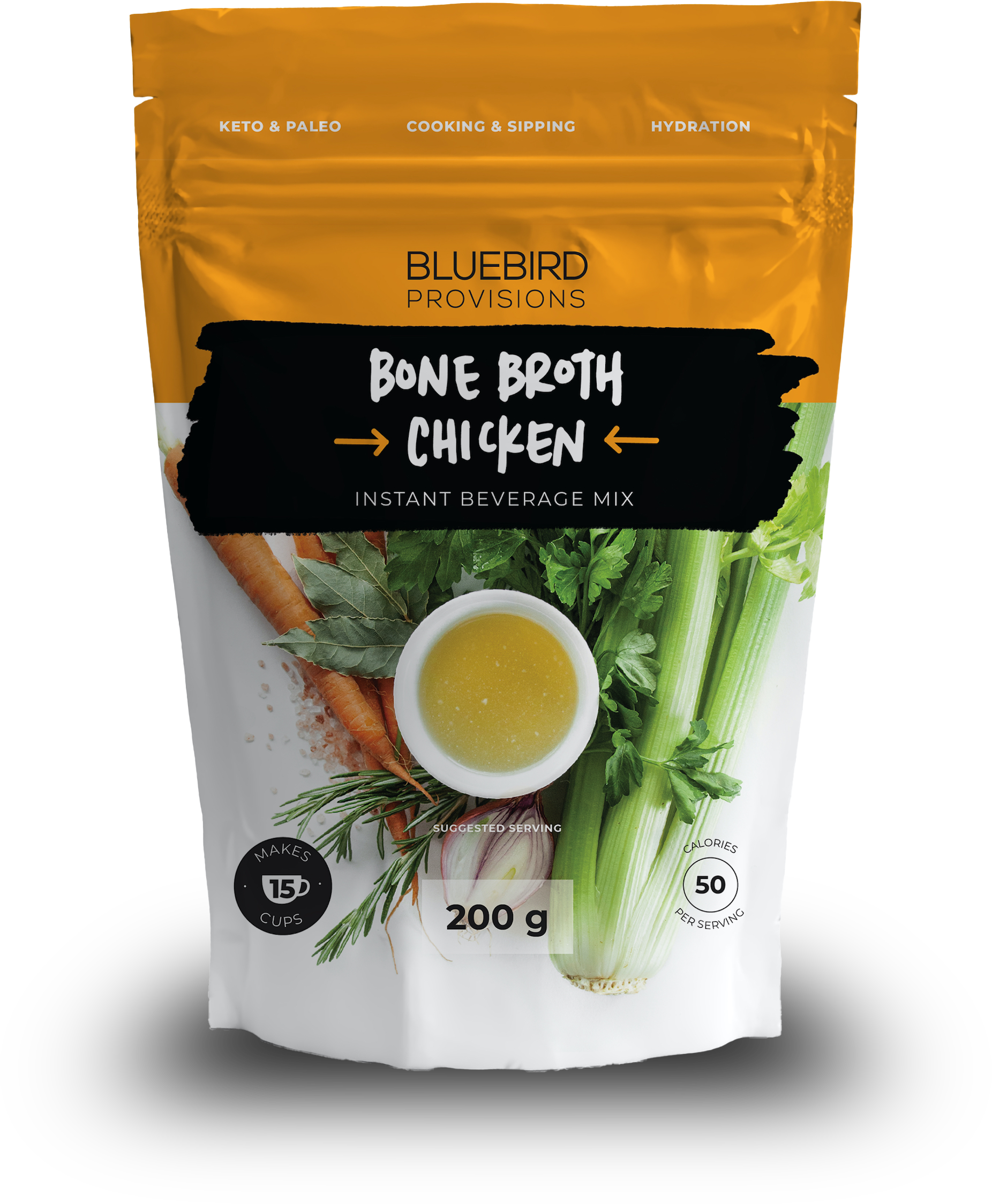
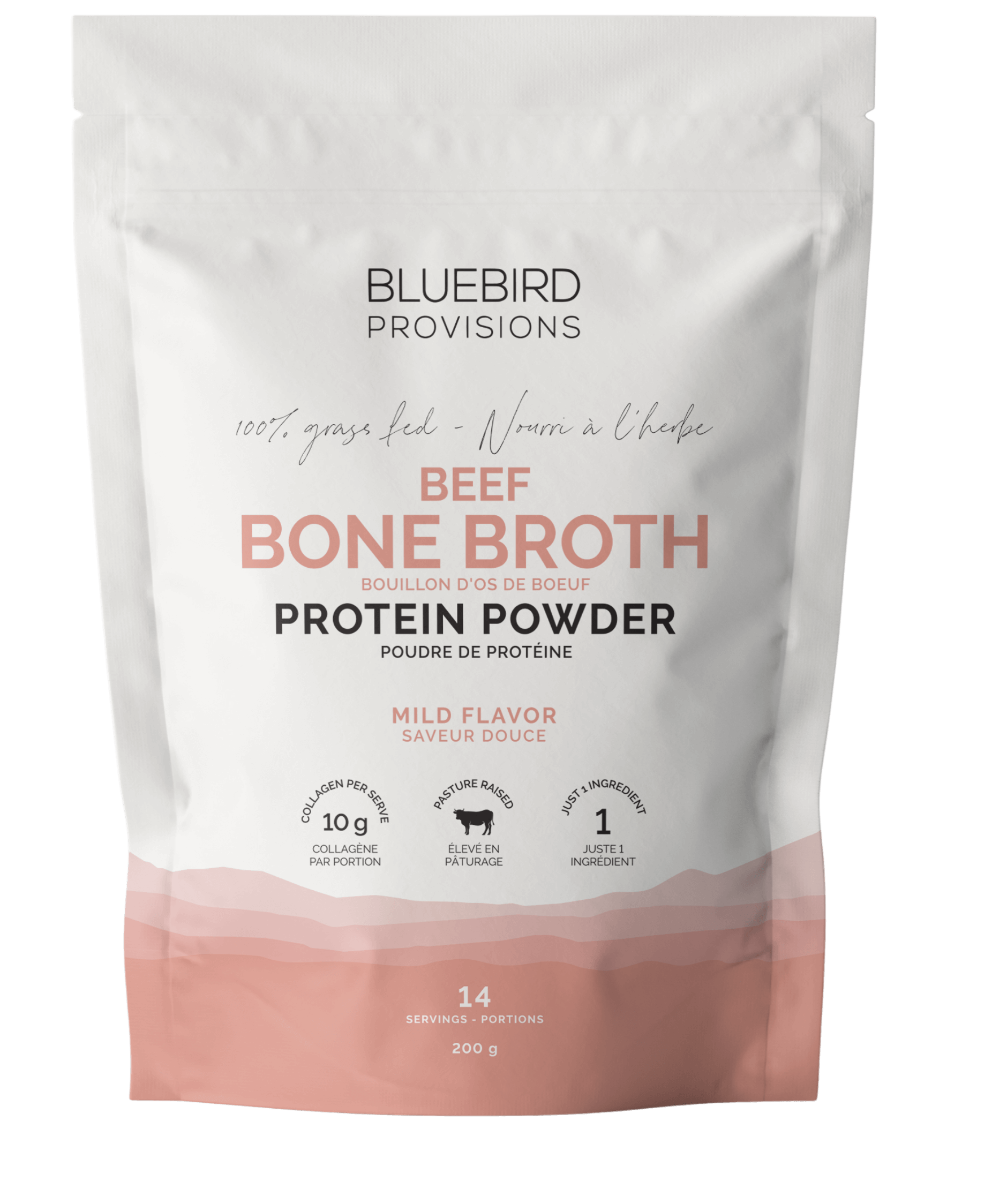
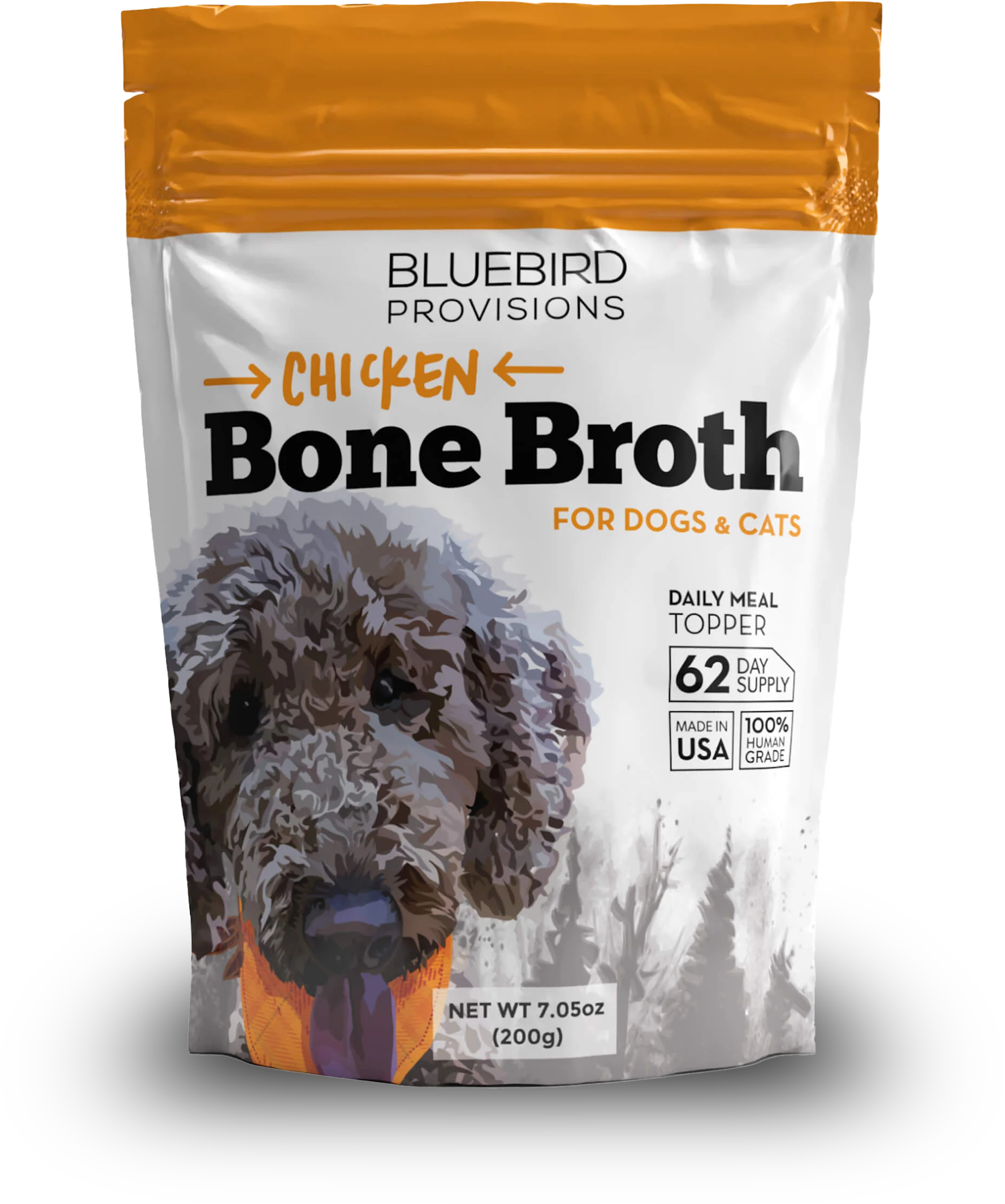
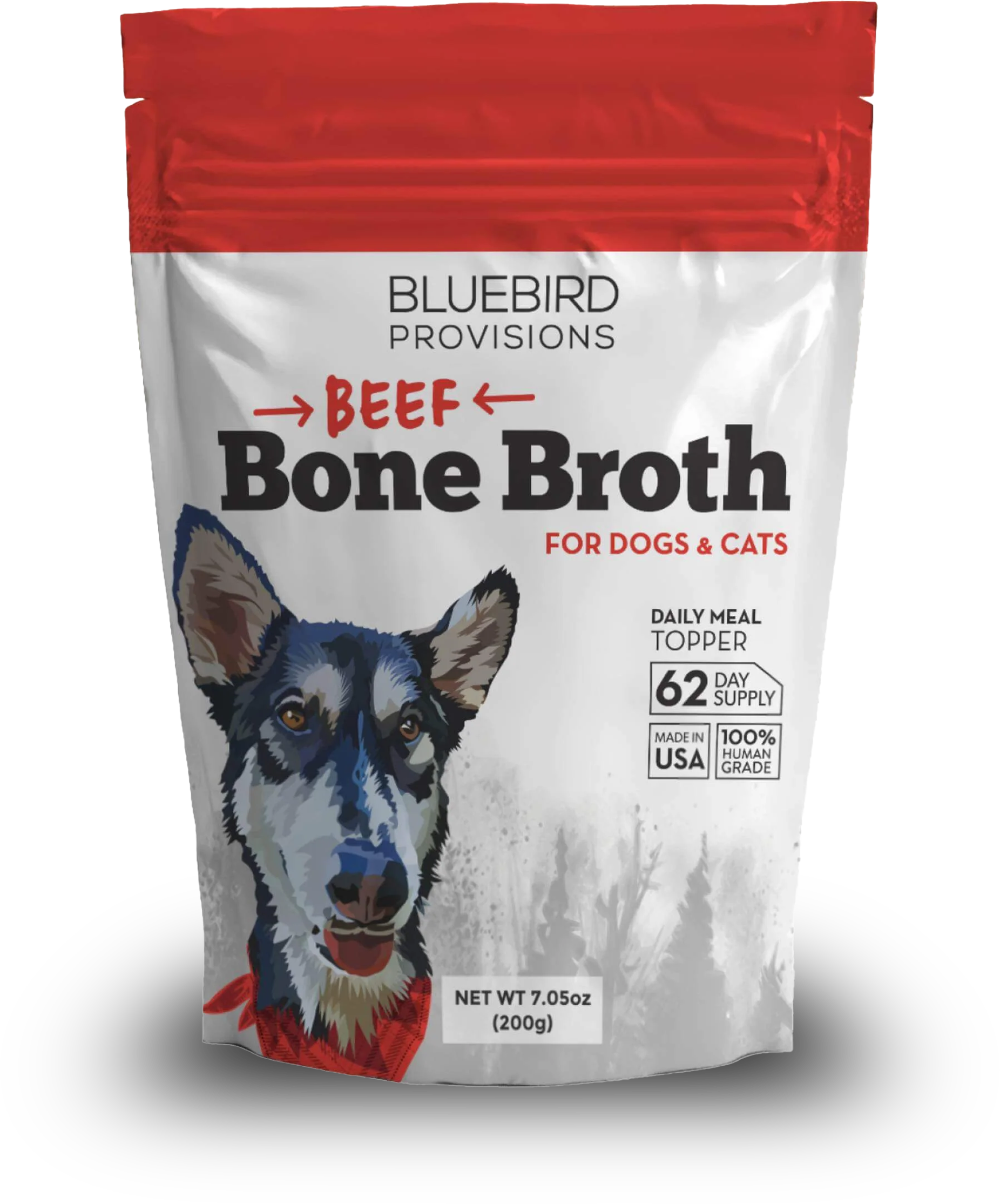
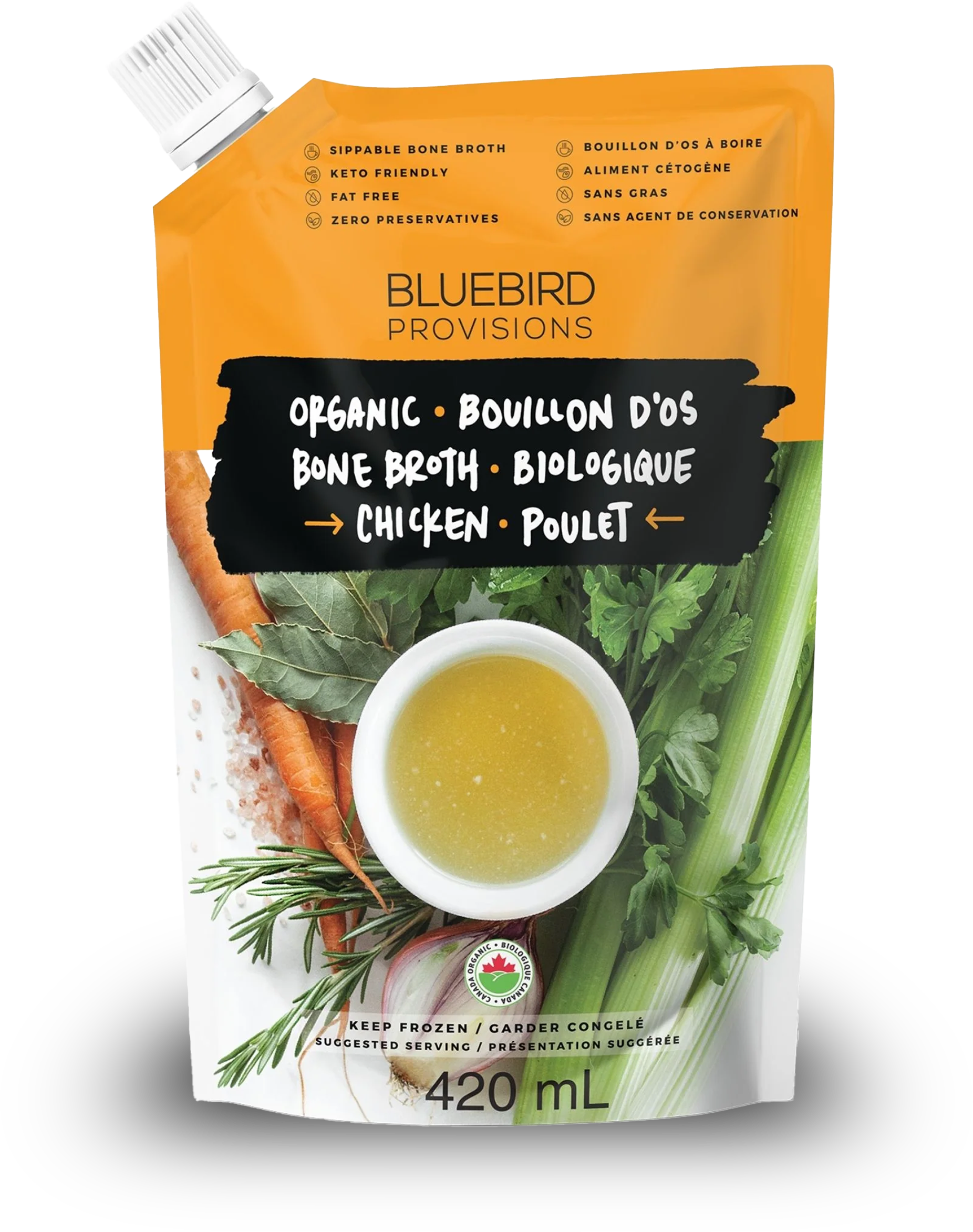
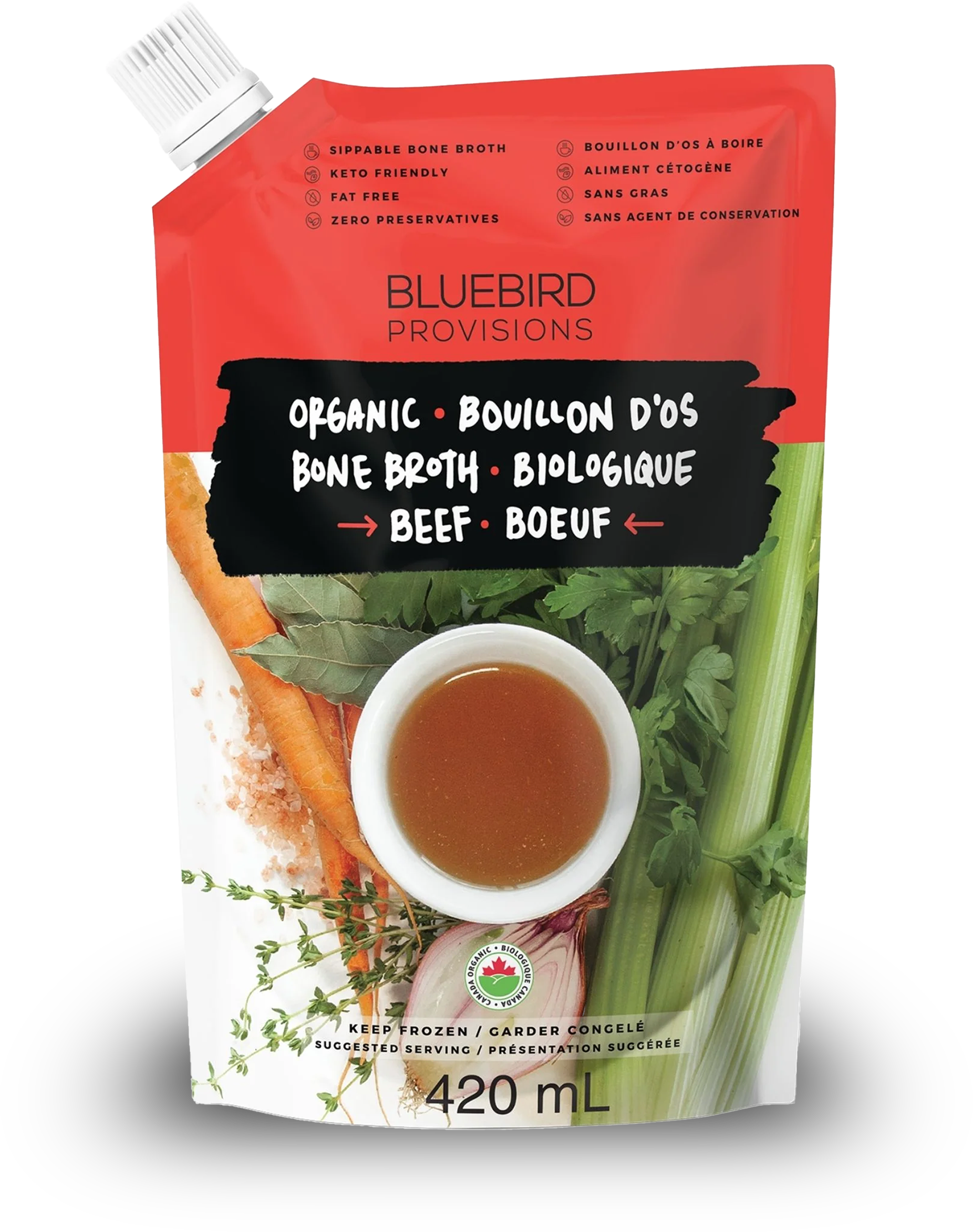




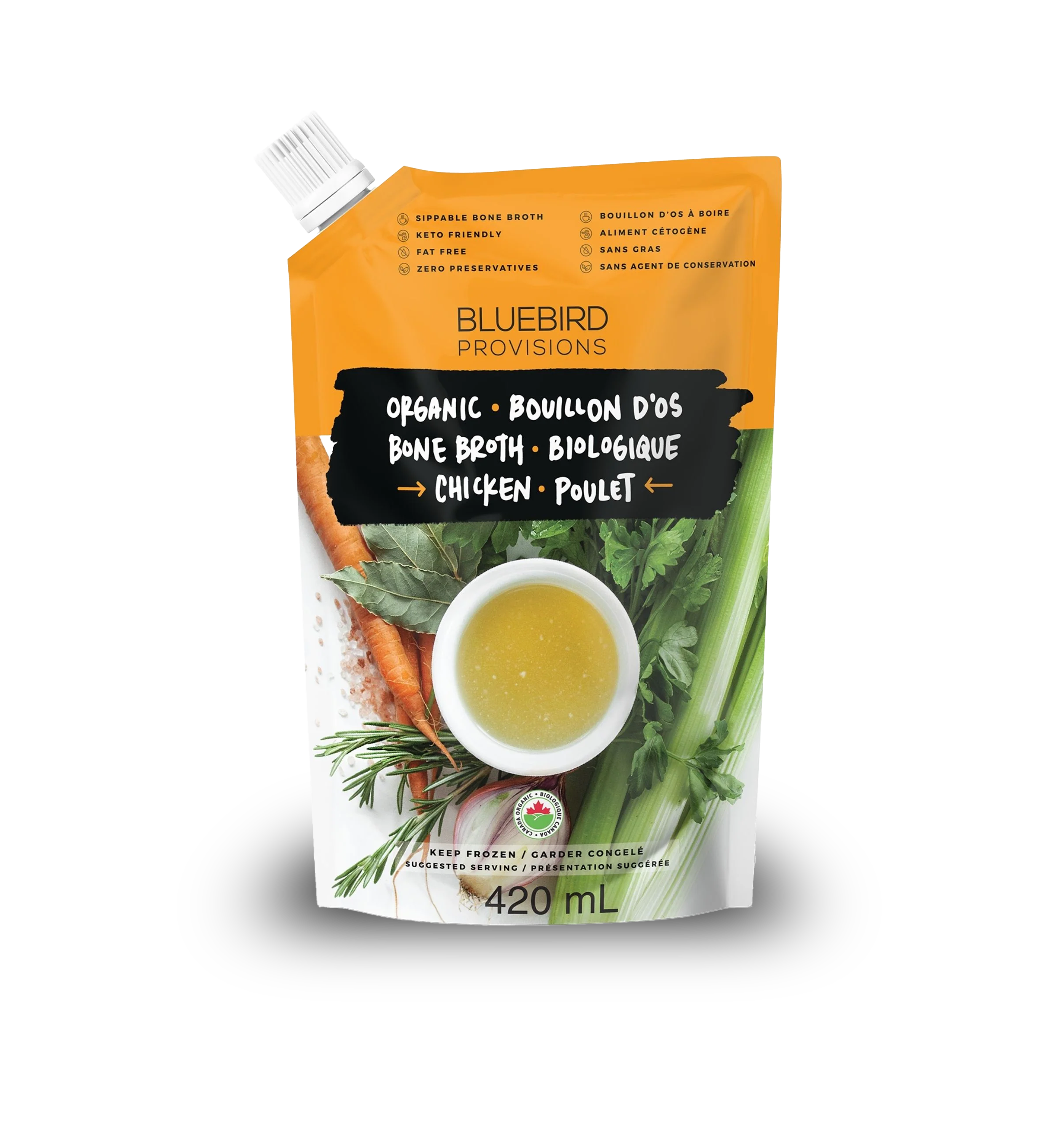
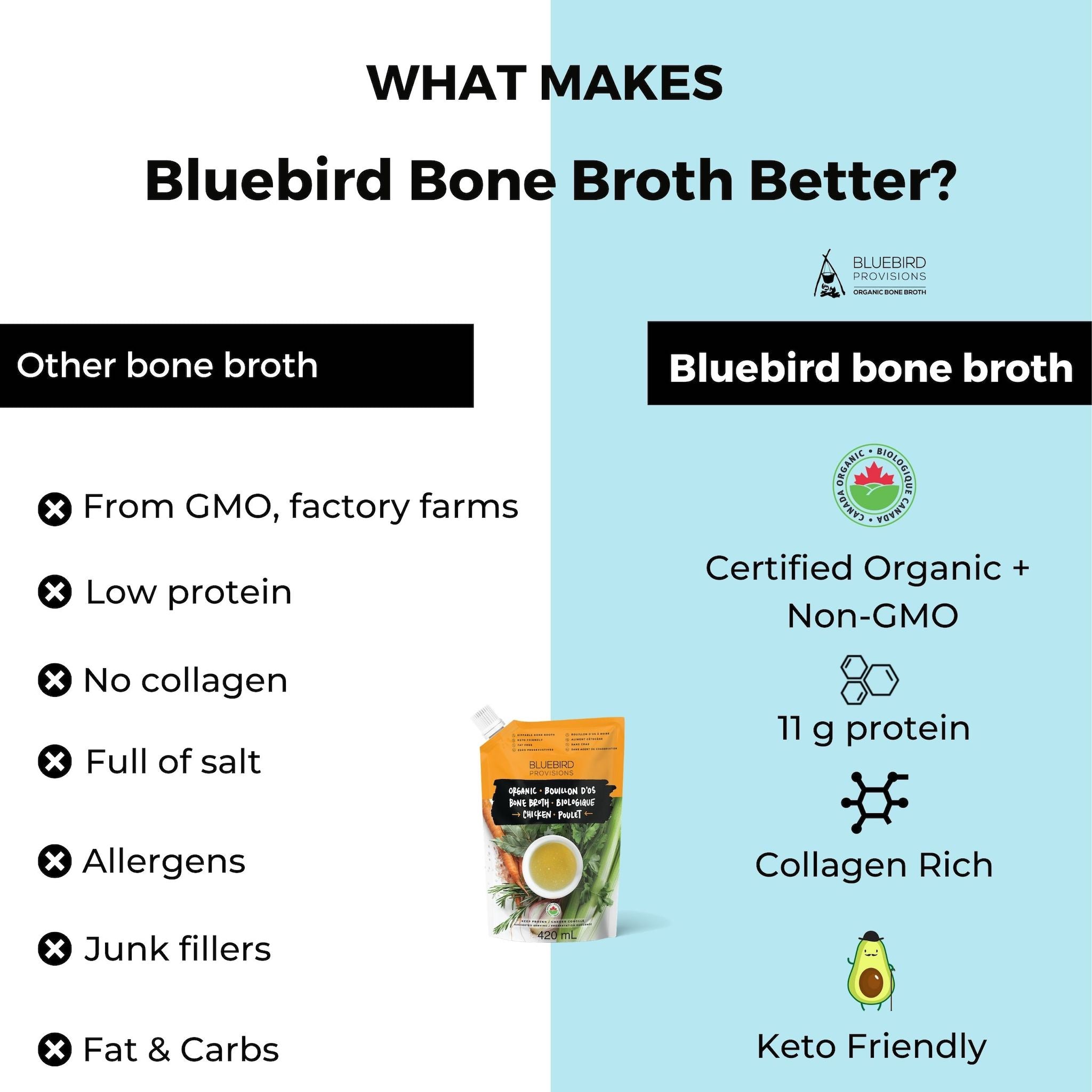
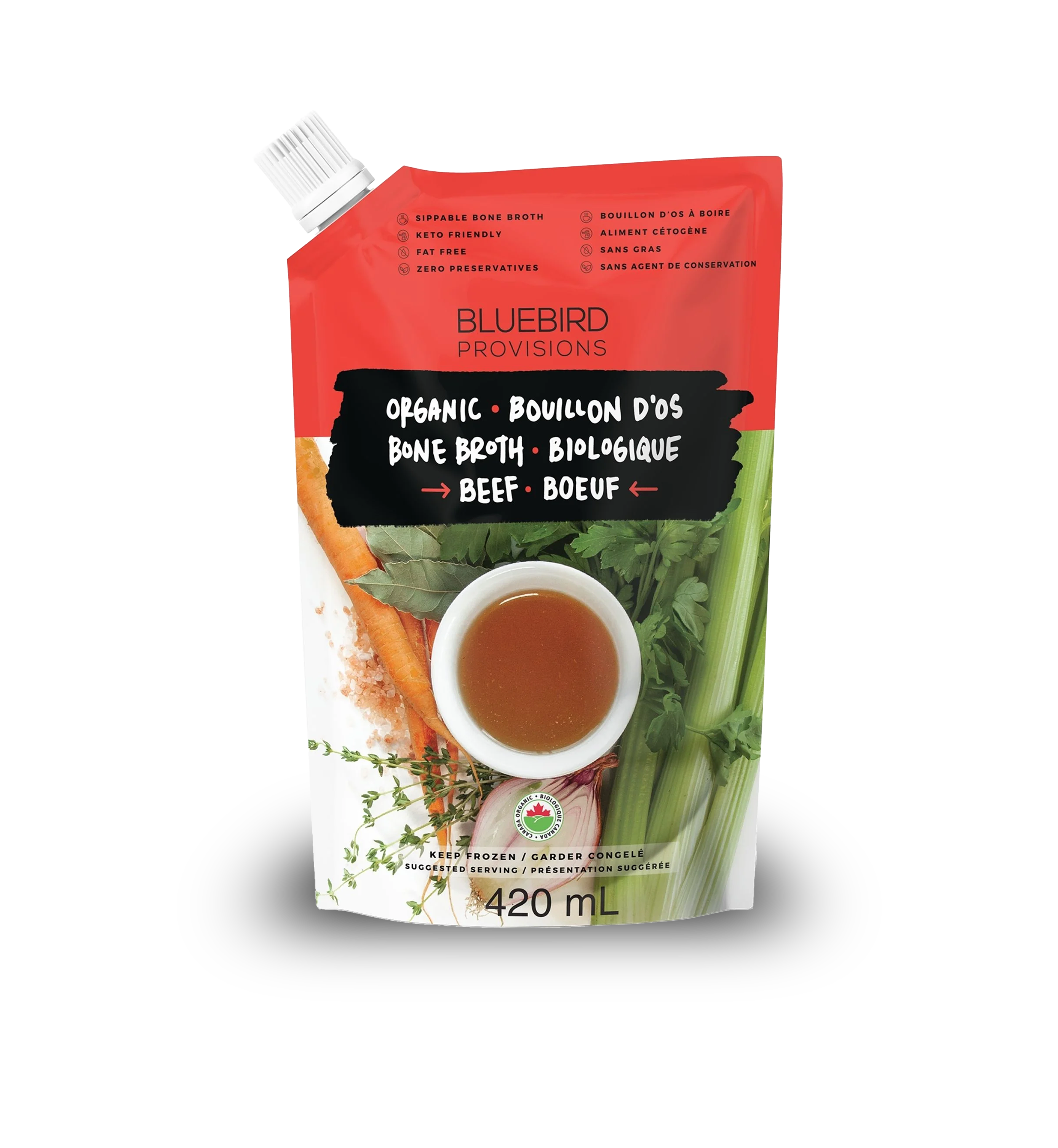
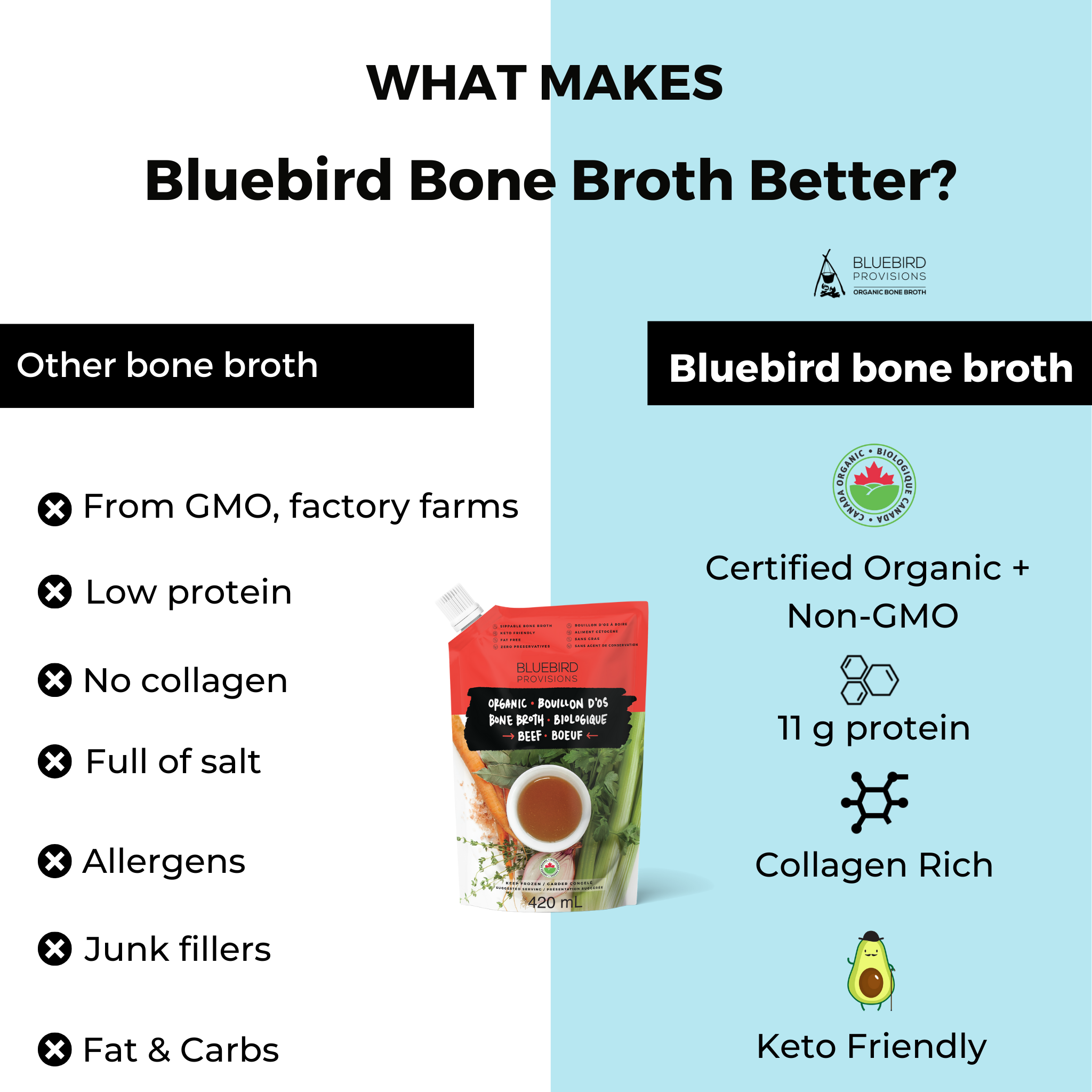
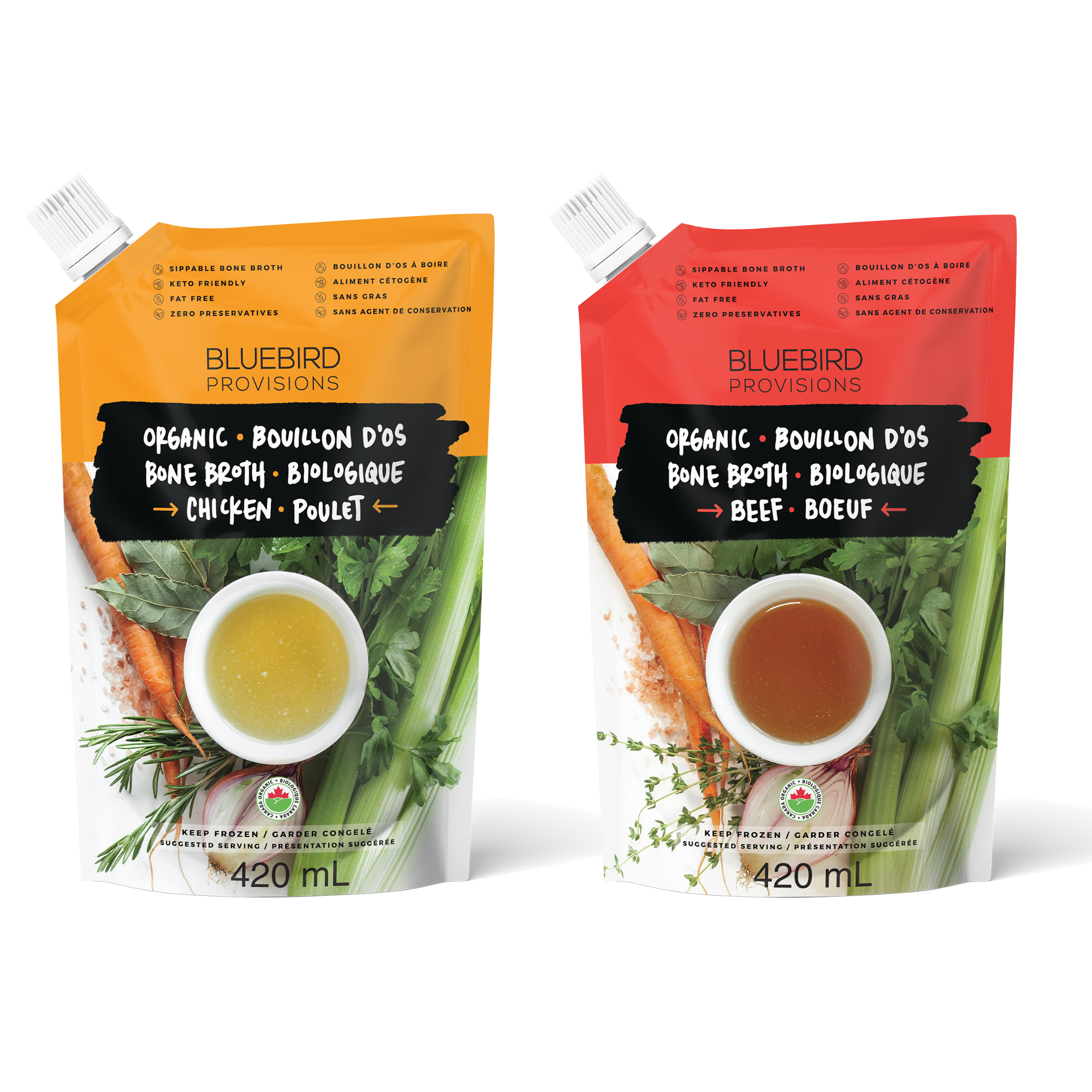

Leave a comment
This site is protected by hCaptcha and the hCaptcha Privacy Policy and Terms of Service apply.